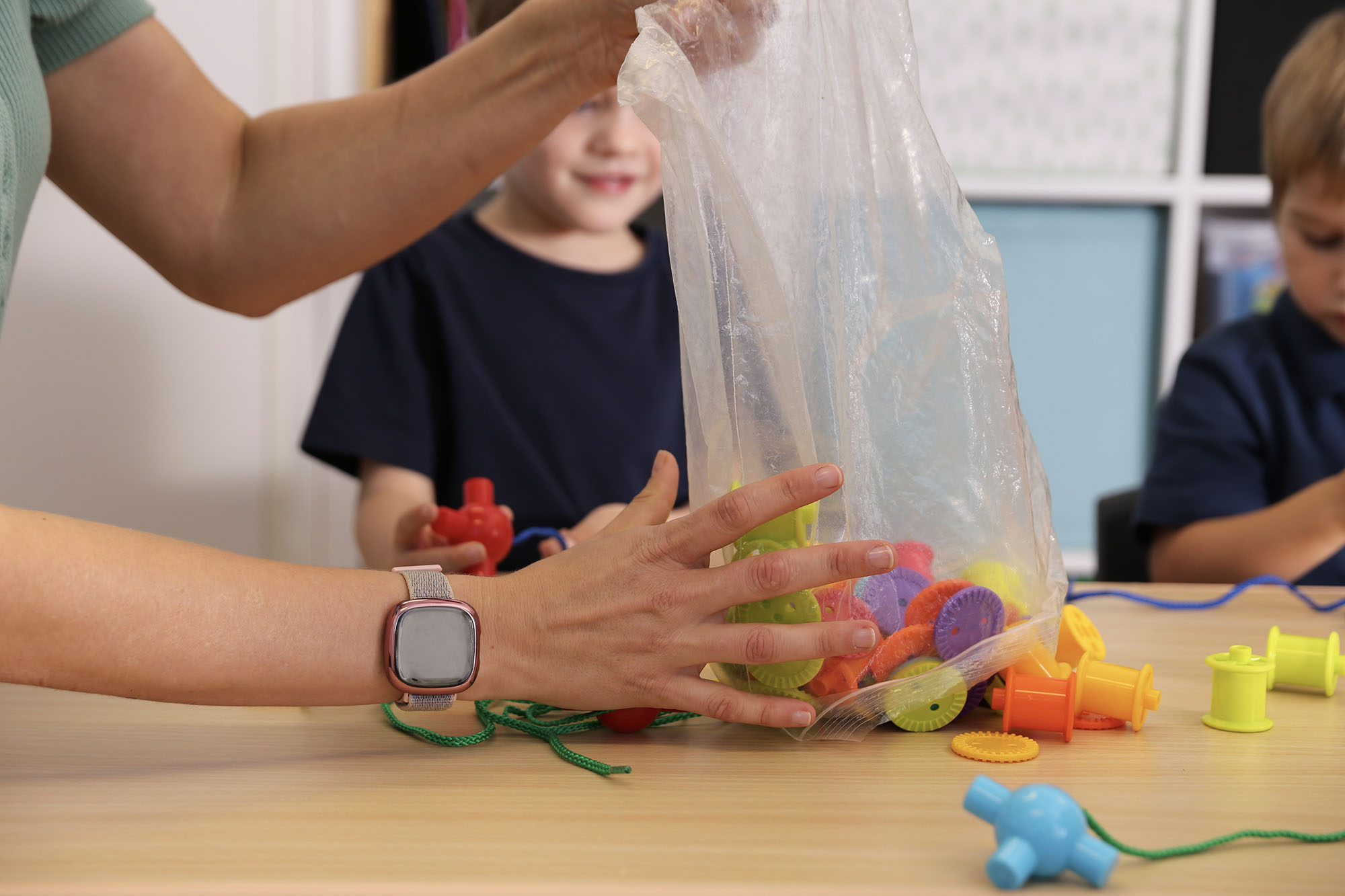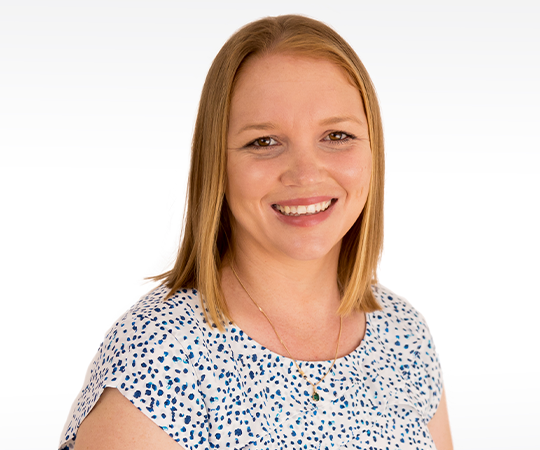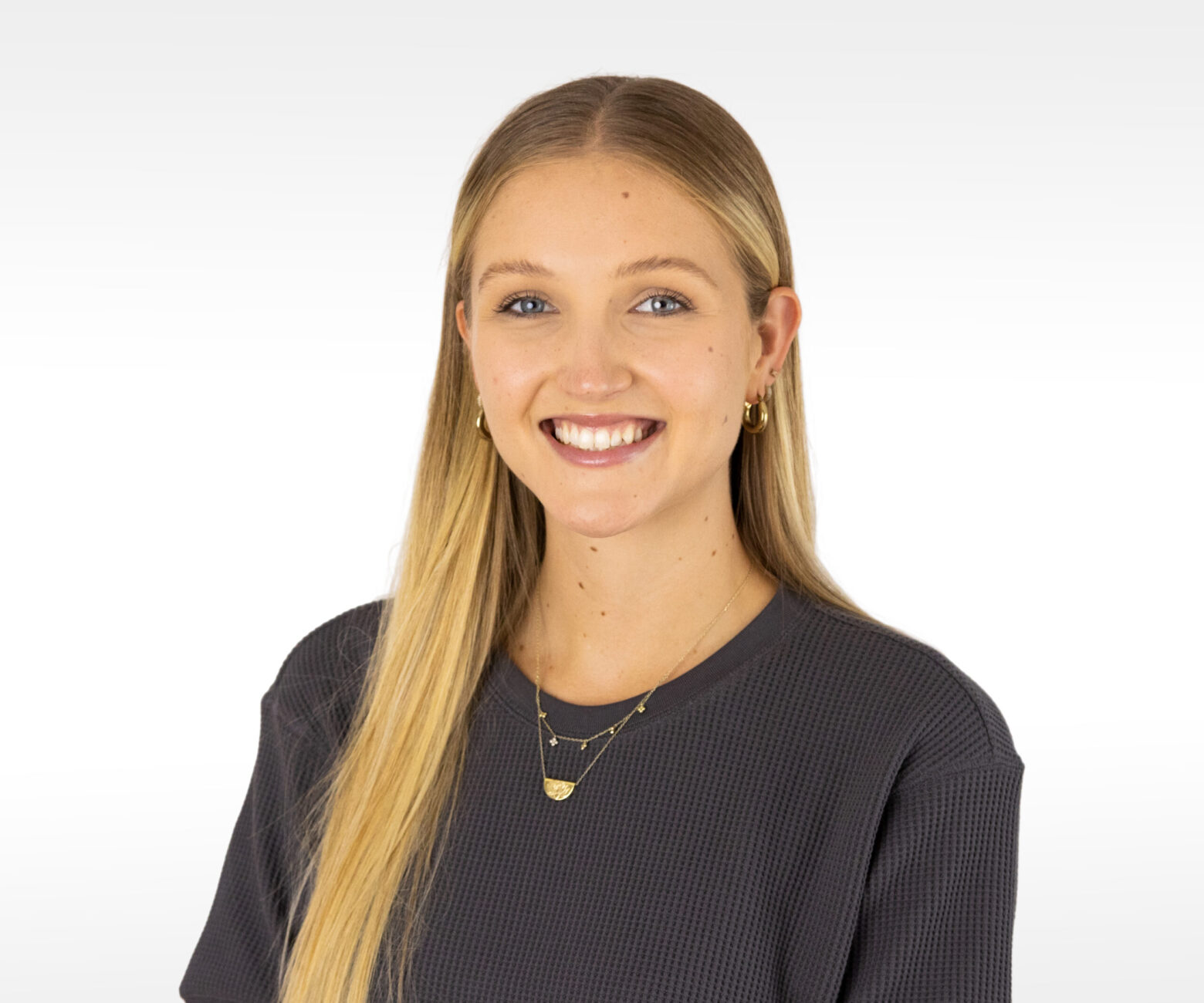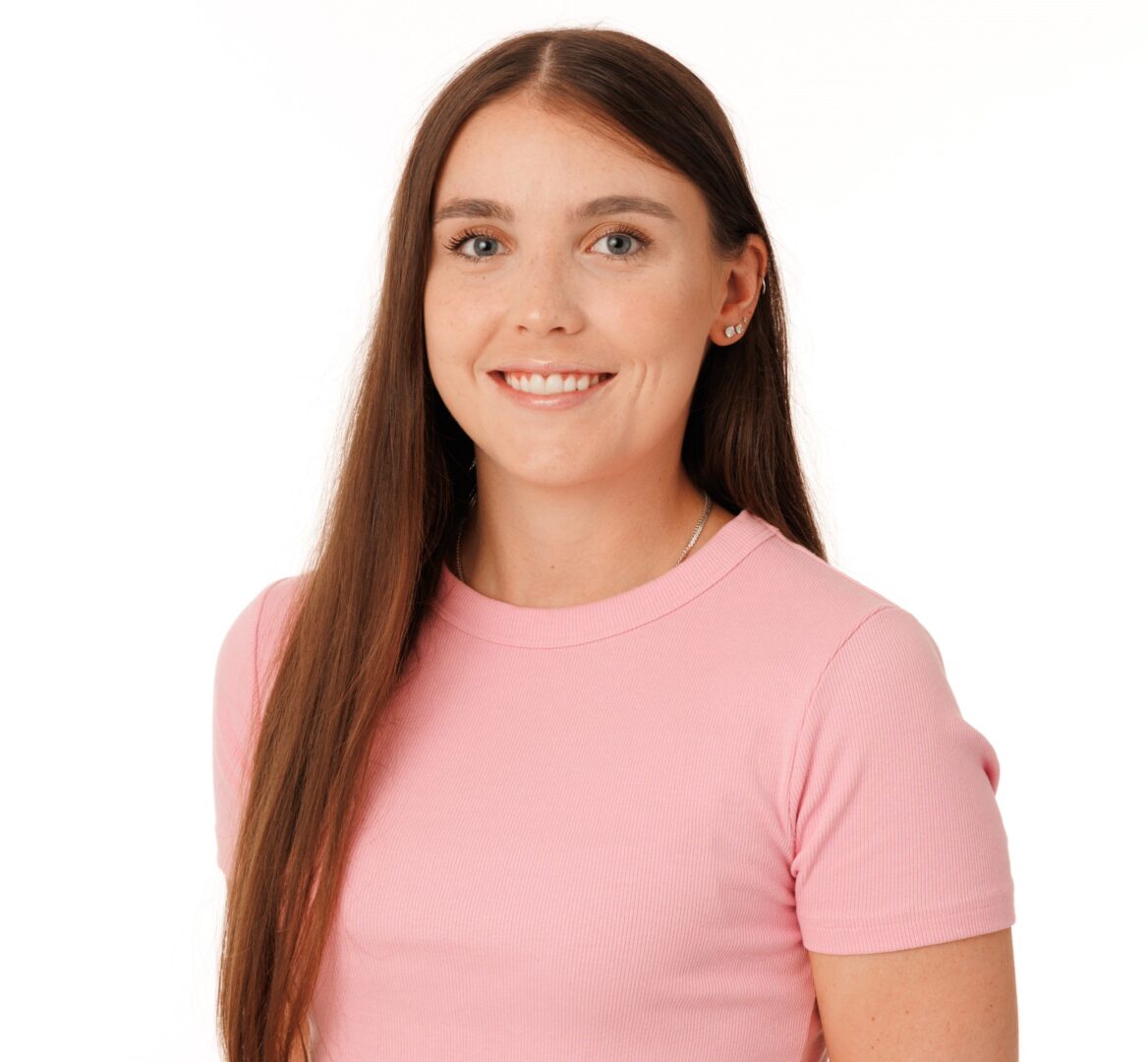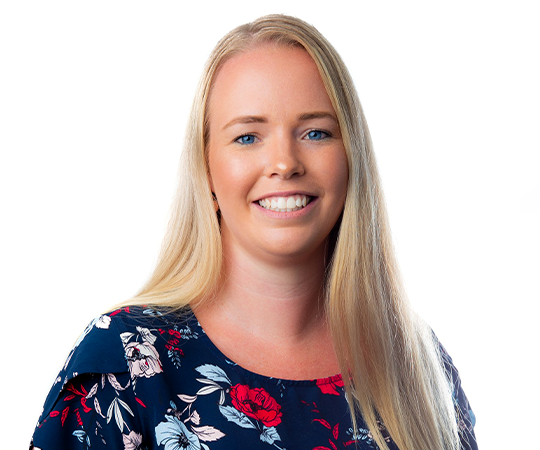Occupational Therapy Services
About Occupational Therapy
Occupational therapists can help children participate in every day activities.
How can Occupational Therapy help my child?
The primary goal of occupational therapy is to enable people to participate in activities of everyday life independently. Occupational therapists work with children and young people to enhance their ability to engage in the tasks they want to, need to, or are expected to do, or by modifying the task or the environment to better support their occupational engagement.

We can help children with
Develop fine and gross motor skills
Improving handwriting
Managing sensory processing issues
Build social skills and play
Become ready for school
Increase independence in everyday activities
Lorem ipsum dolor sit amet, consectetur adipiscing elit, sed do eiusmod tempor incididunt ut labore et dolore magna aliqua.
Lorem ipsum dolor sit amet, consectetur adipiscing elit, sed do eiusmod tempor incididunt ut labore et dolore magna aliqua.
Lorem ipsum dolor sit amet, consectetur adipiscing elit, sed do eiusmod tempor incididunt ut labore et dolore magna aliqua.
Lorem ipsum dolor sit amet, consectetur adipiscing elit, sed do eiusmod tempor incididunt ut labore et dolore magna aliqua.
Our Occupational Therapy Services
Our team

Fees & Funding
While Youthrive is a fee paying service, some Medicare and private health insurance rebates may be available for our services. Families are encouraged to speak with their GP and nominated health fund to find out whether they are eligible various rebates. Please note rebates listed are subject to change without notice.






